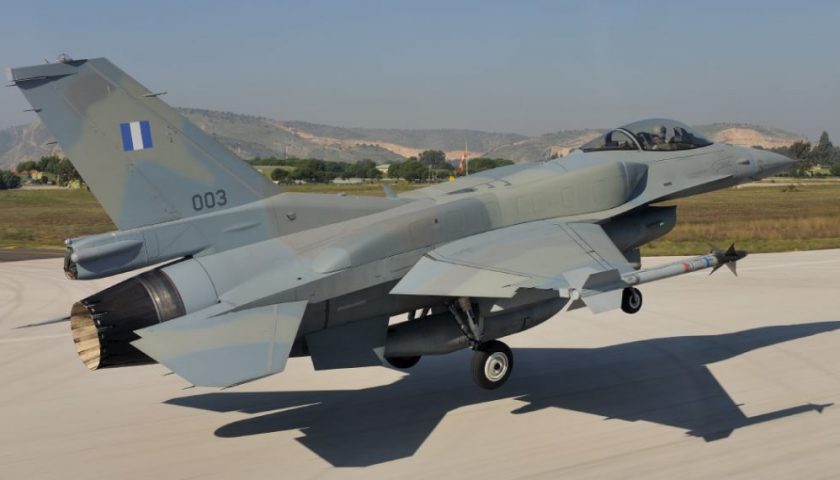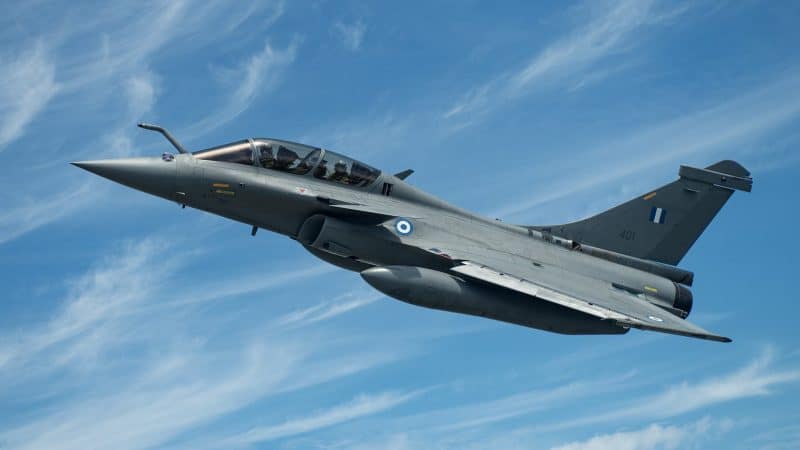In 2018, Athens announced the order of 84 modernization kits to bring part of its F-16 C/D Block 52 to the Block 72 standard, so as to improve Greek deterrent capabilities against the rise of air forces and Turkish anti-aircraft. Worth $1,6 billion, this contract provided for the assembly of the new devices in Greece by HAI, and the delivery of all the components by the United States, such as the AESA AN/APG-80 radar, a new electronic warfare suite as well as a new IRST (InfraRed Search and Track), giving these hunters acquired in the 90s, new perfectly modern capabilities. What is less known is that, at the same time as this contract, the Pentagon granted Athens military budgetary aid of $650 million, so as to facilitate the financing of the program. This strategy of sponsoring defense equipment exports is frequently used by the United States, which devotes $4 to $5 billion each year to help allied countries modernize their defense equipment, but also by other countries, such as Russia, China and Turkey, particularly to African countries.
In Europe, and more particularly in France, such a process has been abandoned for a long time, in the post-Cold War dynamic very little inclined to support defense exports, which is more towards certain African countries which did not shine by their respects human rights and democratic precepts. Since then, the geopolitical and security situation has evolved considerably, while many allied countries, including in Europe, are struggling to complete the financing of some of their equipment programs, and the geopolitics of the arms market is in full upheaval with the emergence of new players offering efficient and economical equipment, as South Korea can do, Turkey, Israel and China, sometimes accompanied by very attractive conditions in terms of financing, local production and technology transfer. In this context, can France also implement such a system to support its industrial defense exports? To answer this question, it is essential to study several aspects, such as budgetary sustainability, political and legal applicability, and to assess the industrial and political benefits for Paris.

The budgetary aspect is obviously the most determining factor, as it is by nature counter-intuitive. Indeed, it seems absurd to support the exports of defense equipment intended precisely to fuel the industrial dynamics for the benefit of the armies, by public credits which could very well be directed directly towards the armies. However, when we go into the detail of such a system as applied, for example, by Washington, it appears that these aspects are much more balanced than it seems. Indeed, in the United States, due to the country's fiscal and social specificities, the budgetary return for public finances (federal and state) of an investment in the defense industry, whether or not it is intended for the export, amounts to 35% of the amounts invested. However, 35% is precisely the amount retroceded by the Pentagon to Athens under the Greek F-16V contract. In other words, this is, for Washington, a "white" operation from the budgetary point of view, on a national scale.

The rest of this article is for subscribers only
The Classic subscriptions provide access to
all articles without advertising, starting at € 1,99.
Newsletter subscription
Register for the Meta-Defense Newsletter to receive the
latest fashion articles daily or weekly


[…] […]